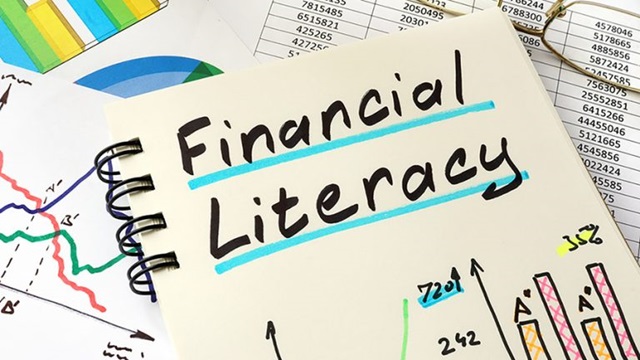LIVING HERE
A bill was recently passed requiring financial literacy to be a part of Wisconsin high school learning.
That bill mandates that high schools teach at least one semester of financial literacy to every student in the state attending. The bill passed with overwhelming support, despite criticisms that the mandate is unfunded. It requires students to learn about things like money management, investing, and debt. Starting with the class of 2028, the bill requires high school students to earn at least one semester of personal financial literacy that includes financial mindset, education and employment, money management, saving and investing, credit and debt, and risk management and insurance.
The new law, now under Act 60, would target young adults just opened a bank account or starting a part-time job and who have student loans and credit cards right around the corner. According to NextGen Finance, right now, in Wisconsin, about 35 percent of students are required to study personal finance in high school. Act 60 would make take that number to 100 percent and go into effect for the 2028 graduating class. Wisconsin becomes the 24th state to make personal finance a required course for high schoolers.







